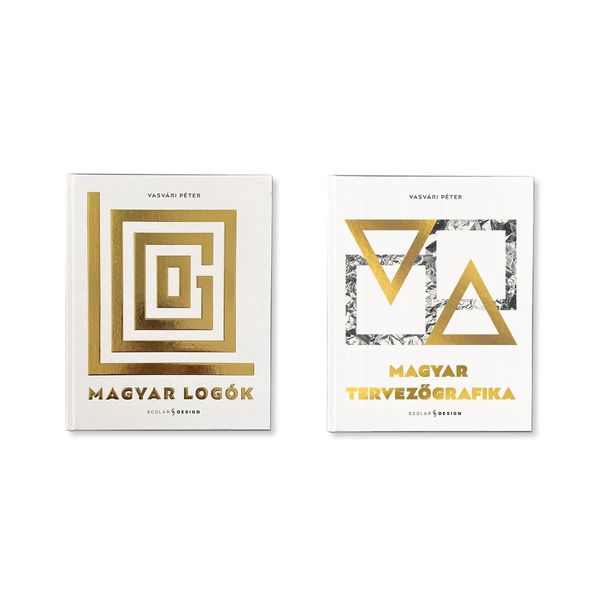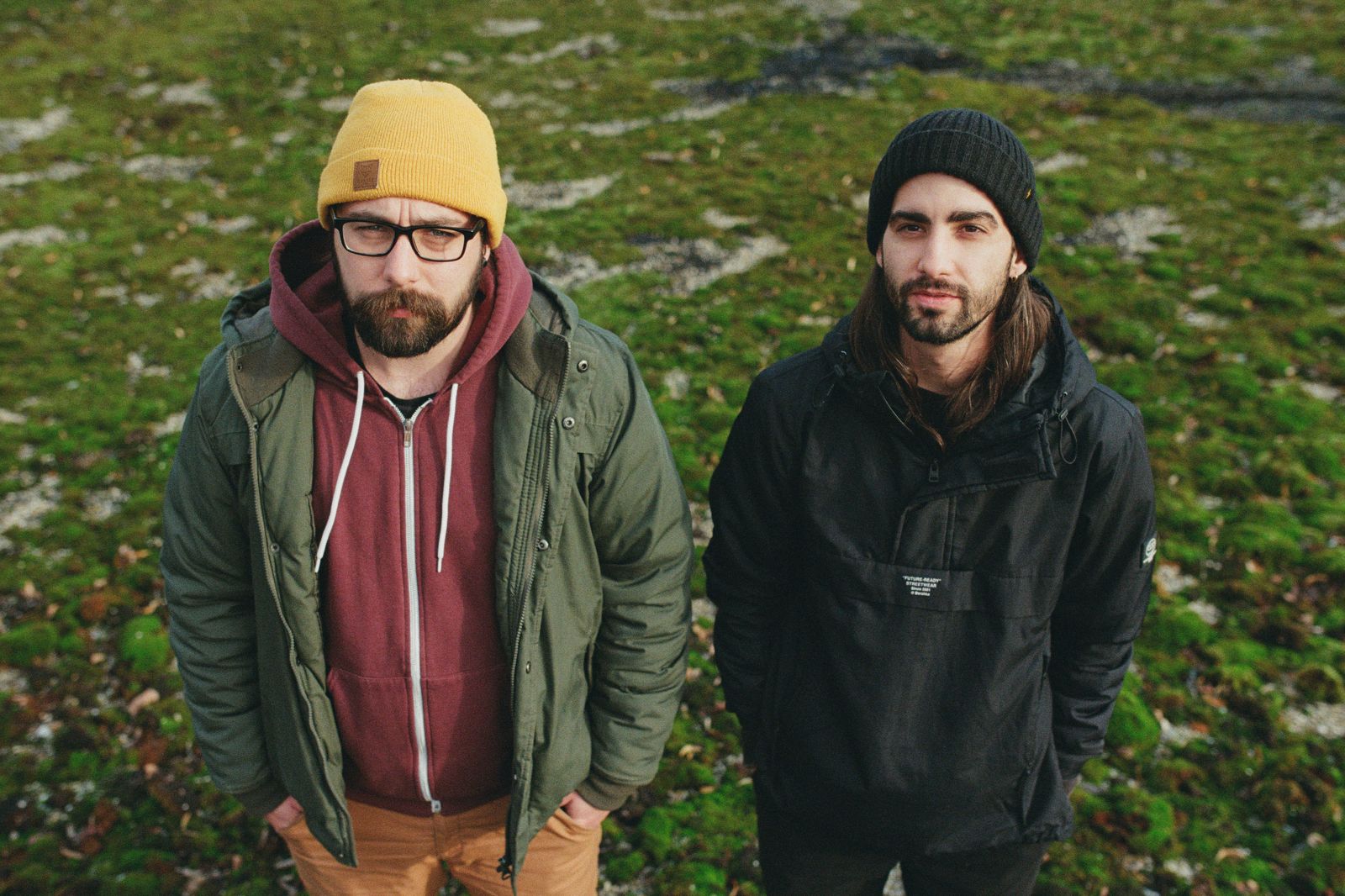When asked what kind of music they play, they have no exact answer, and they always say something different themselves. The music of Analog Balaton varies in its style, but in terms of its perception, the electronic pulsation (four-four, foot drum) is granted, which is decisive, and of course, alternative rock music appears in their songs as a kind of inherited style. We visited the founders of the band, which hold full house concerts, Ákos Vörös and Aba Zsuffa in the studio in Törökbálint, where they also talked about what the music of the future is like. Interview!
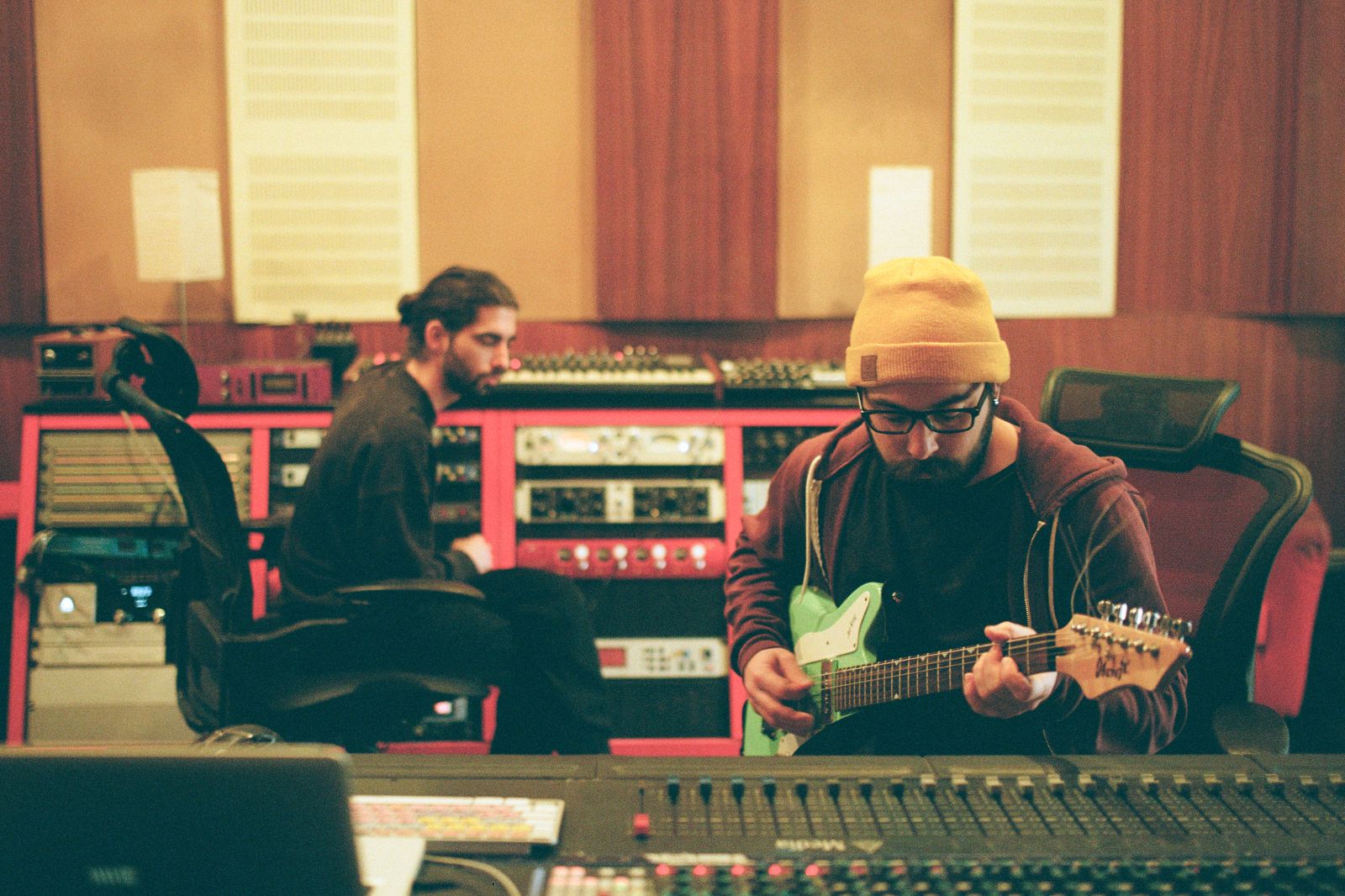
Can you recall when and in what form you first encountered music? As a child or teenager, what kind of musical influences affected you at home or at school?
Ákos: My father was involved in music: the cellar in our old house was his rehearsal room, he played music with his friends there. I have the experience of visiting them as a child many times. This is a relatively early memory of me. I had the classical line, the alternative rock music that was famous when I was a child—Hiperkarma, Kispál. Then at a very young age, maybe in my eighth grade or high school, I started listening to electronic music. I went to the Zöld Pardon for concerts, I also had a ZP card. (he laughs)
Aba: If I remember correctly, my first memory is that my mother had an acoustic guitar brought from Romania and I started playing it. I was only a few years old. I don’t really remember a previous musical experience. The very first music I listened to was Elvis Presley on tape.
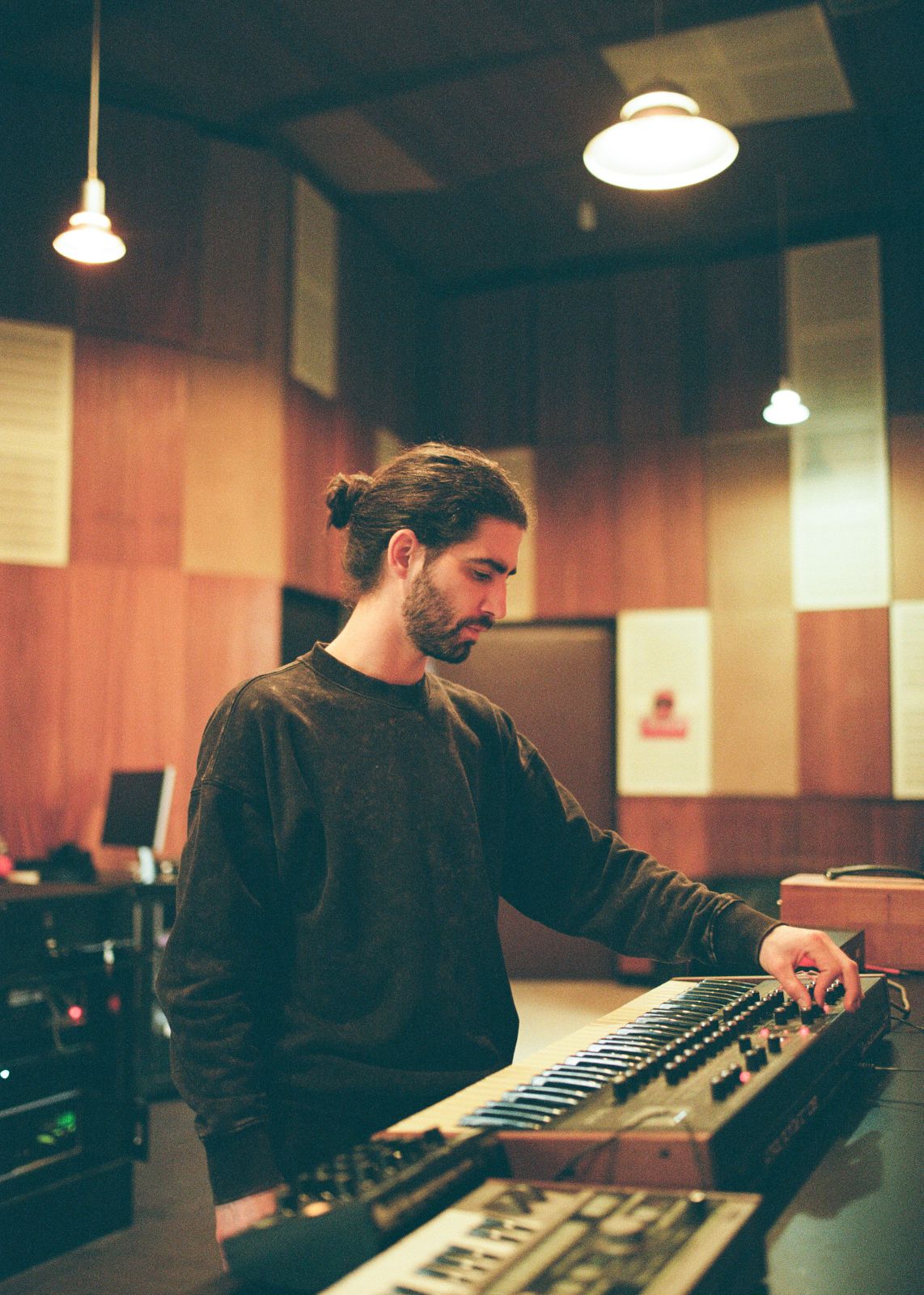
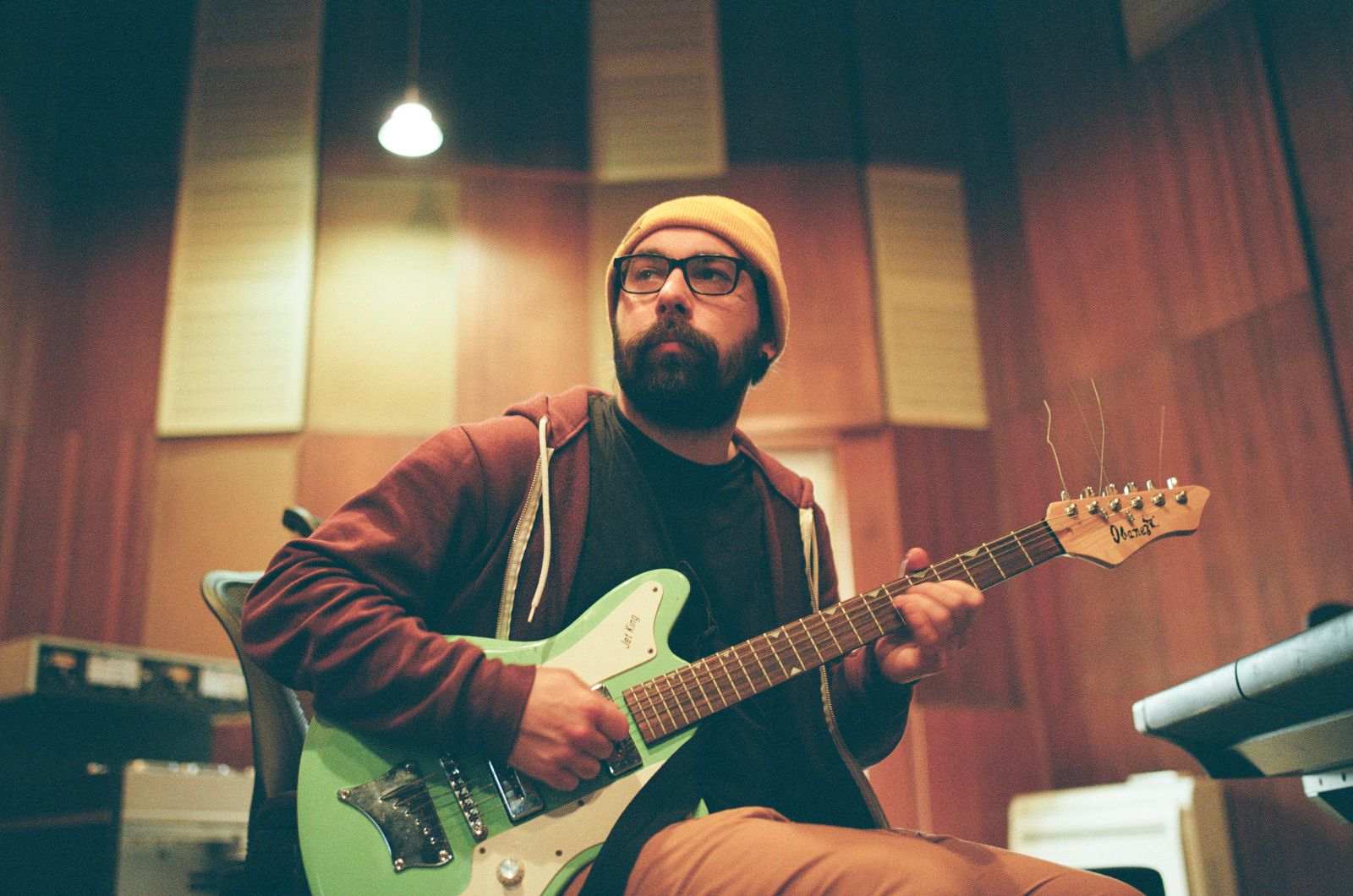
“We sit down, sweat in the rehearsal room, and record songs,” you said in an earlier interview. But still: exactly how to imagine this? What method is used to create a song, and what are the instruments that surround you?
Aba: My primary instrument is the guitar—a lot of things start with that, or even more: we look for melodies on it. Anyway, it’s pretty variable how a song is made—always a little different.
Ákos: Sometimes, there is a song that already exists, and we start from its basics, because, for example, we like that rhythmic structure or the world of melody. There are also a lot of songs that deal with one of Aba’s older themes, and of course, sometimes, we put together something from a simple jam session. Basically, the melodies are born first, only after that do the rhythmic instruments come, and the singing only at the very end. It was never like having the lyrics and writing music for it—there was always music first. Singing and guitar play a central role in our music, and what “decorates” that is electronic music.
Aba: I write the lyrics, but I usually try to write about things we both experience. The major part of this newly released album (the first album of Analog Balaton, “Lent” was released in November 2021—the Ed.) is about the period, the events and experiences when we lived in an apartment together, and thus the whole thing became coherent.
In addition to the guitar and synthesizers, there are also instruments on the album that we usually don’t play: we play them as we can, record them, sample them, cut them, and then modify them on a computer later. What is always there is maybe the synthesizer. The noises are also quite varied: sometimes, we recorded something on the phone, and Ákos was recording the sound of water or rain, for example, but there were also times when we went to the woods specifically to collect sounds. It’s pretty much about hammering in the middle of nowhere with a computer, a sound card, and a microphone. From these, we tried to create a kind of sound library.
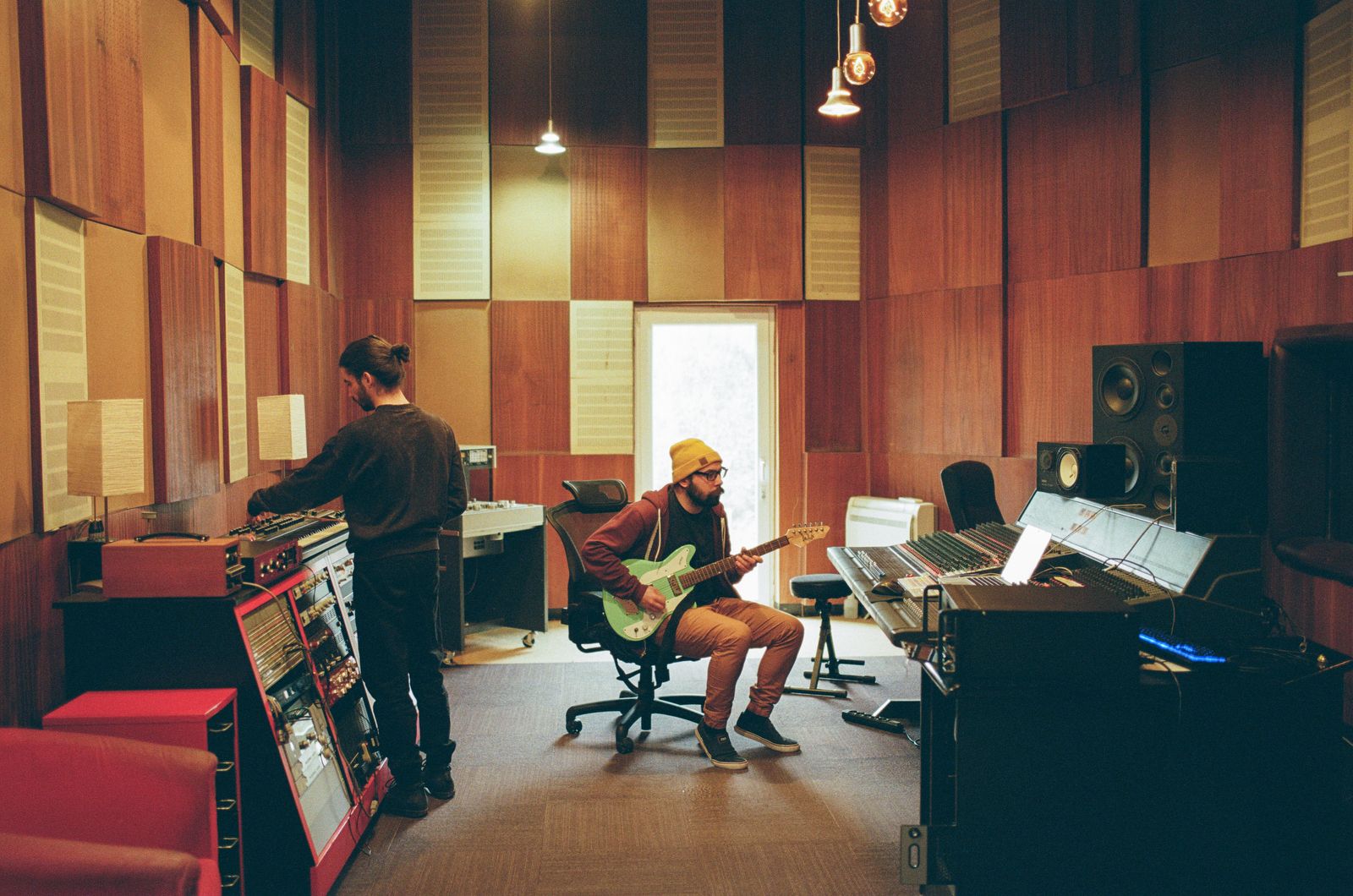
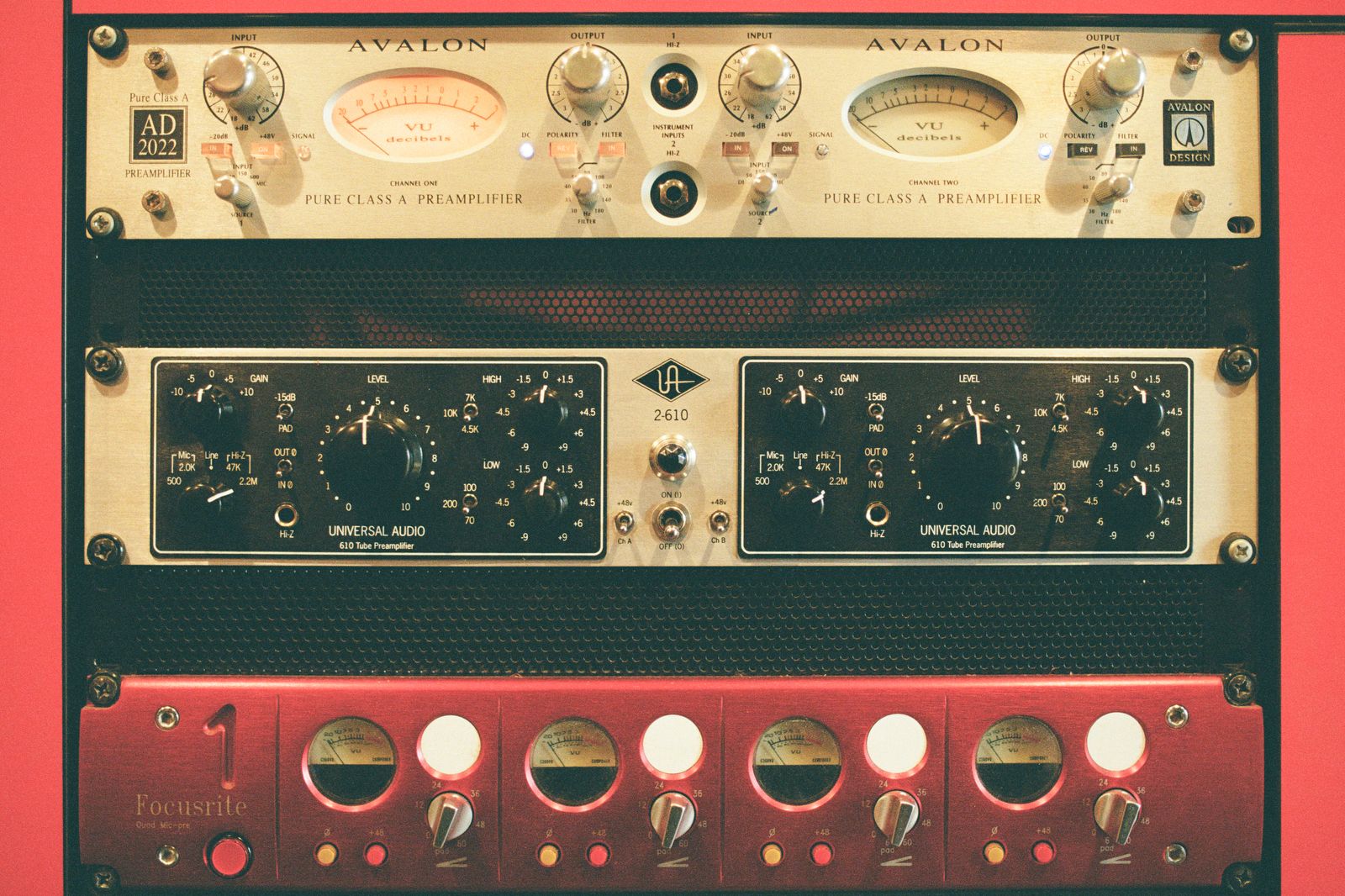
For you, record release has never been a primary goal, if I understand correctly. You’ve given a lot of gigs over the years and only now, in November 2021, has your first album, “Lent,” been released. You’re more focused on gaining experience, which is a very intuitive and intense way of life compared to the work that goes into putting together a record. Which is closer to you, which gives what?
Ákos: Recording itself was a very new experience. For me, this period meant that we focused on the songs we selected—you could even think of this operation as a way of narrowing you down, but the longer you actually focus, the more you get into the details. From this point of view, it is especially good to learn that you have to finish something and be focused. It was all new to me, but I really enjoyed the process. However, writing music itself is a constant for us: even on a daily basis, ideas can come up that remain on the computer and only take final form later.
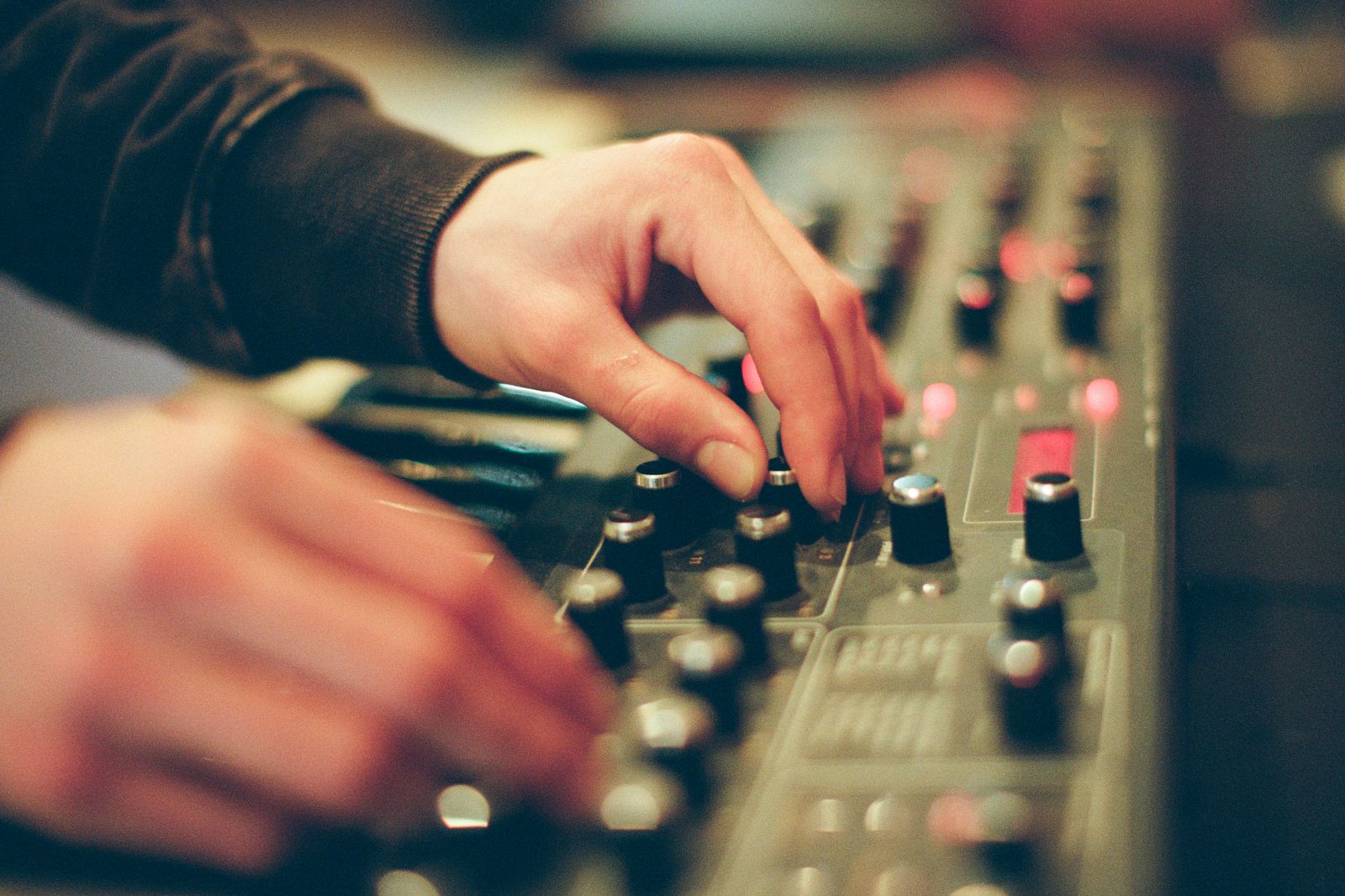
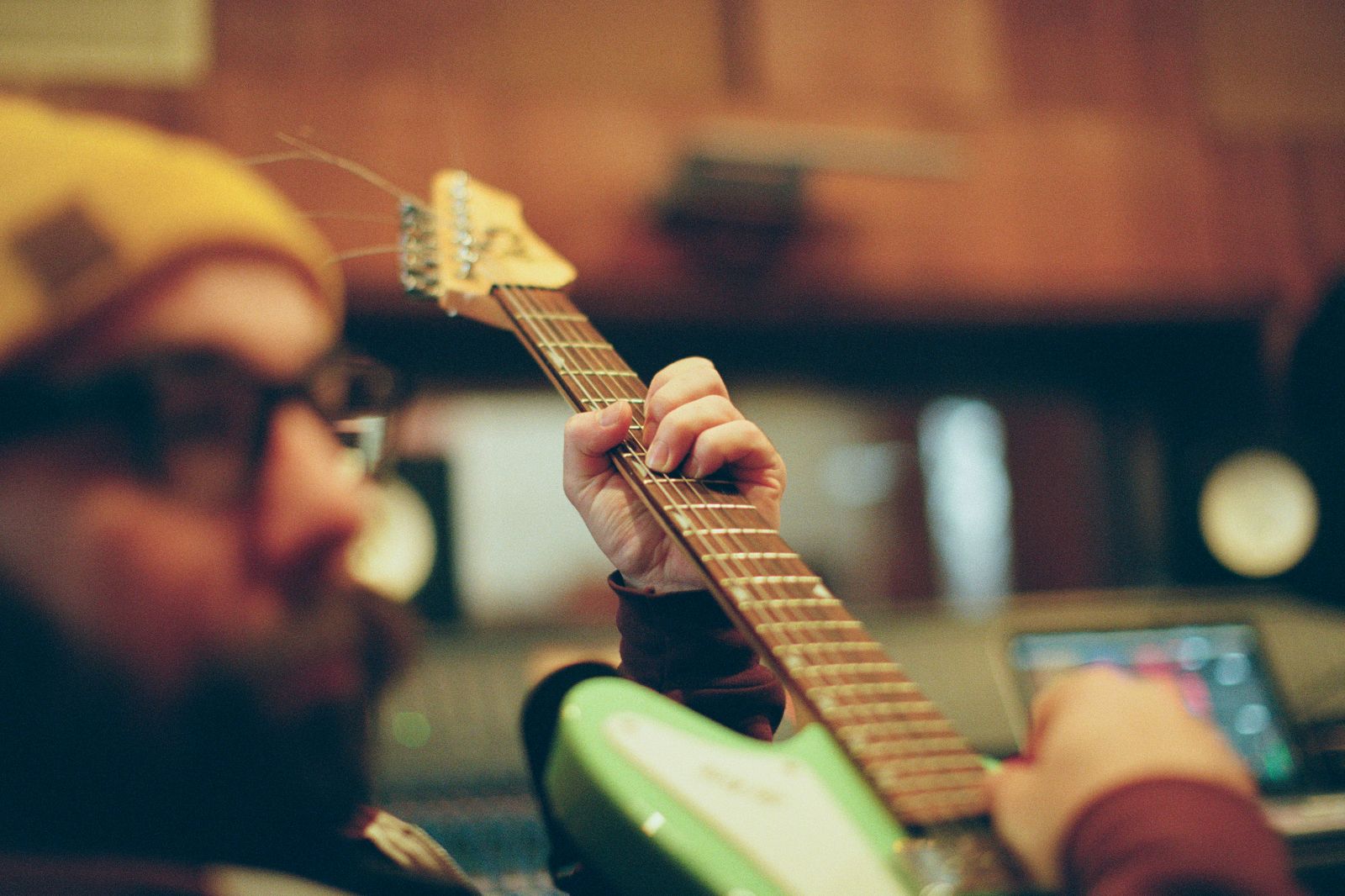
Aba: It’s hard to answer this because writing music is a different kind of experience, and working in a studio is also different—the latter is a longer-term experience: you’ve finished something and it stays there, it is preserved. The gig, on the other hand, is fleeting: it can cause a moment of joy that, if you have so many gigs, you don’t really remember after a while, but the feeling stays there.
I think making a record is a more difficult process because what works at a concert doesn’t necessarily work on a record, especially if, say, a theme isn’t so elaborate, but people’s mood or the volume carries it—on a record, that’s not certain, you need to pay more attention. Much more work, of course, but it will last forever.
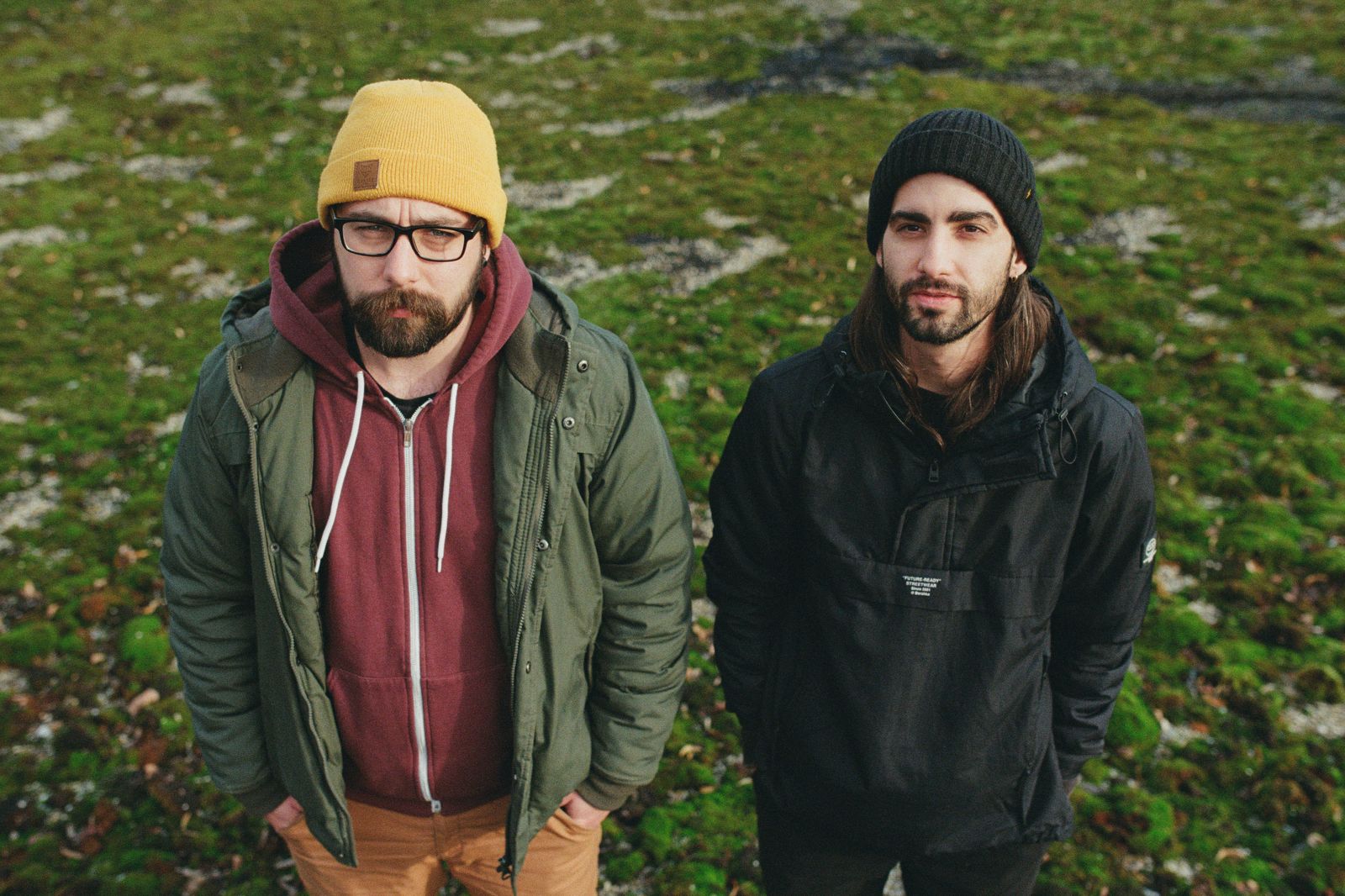
Considering the evolution of digital devices, in what do you see the future of music, where are we heading?
Aba: Now I see the future in hybrid solutions. Everything is going in the direction of making analog things digitally controllable. Analog stuff can be very charming, but digital control can simply provide a convenience that is priceless in time and often unavoidable. For example, if we take only the synthesizers we use: both are analog, they sound very good, but they’re digitally controlled, making them more comfortable to use. I’m a very practical person: if something’s not comfortable, I don’t use it.
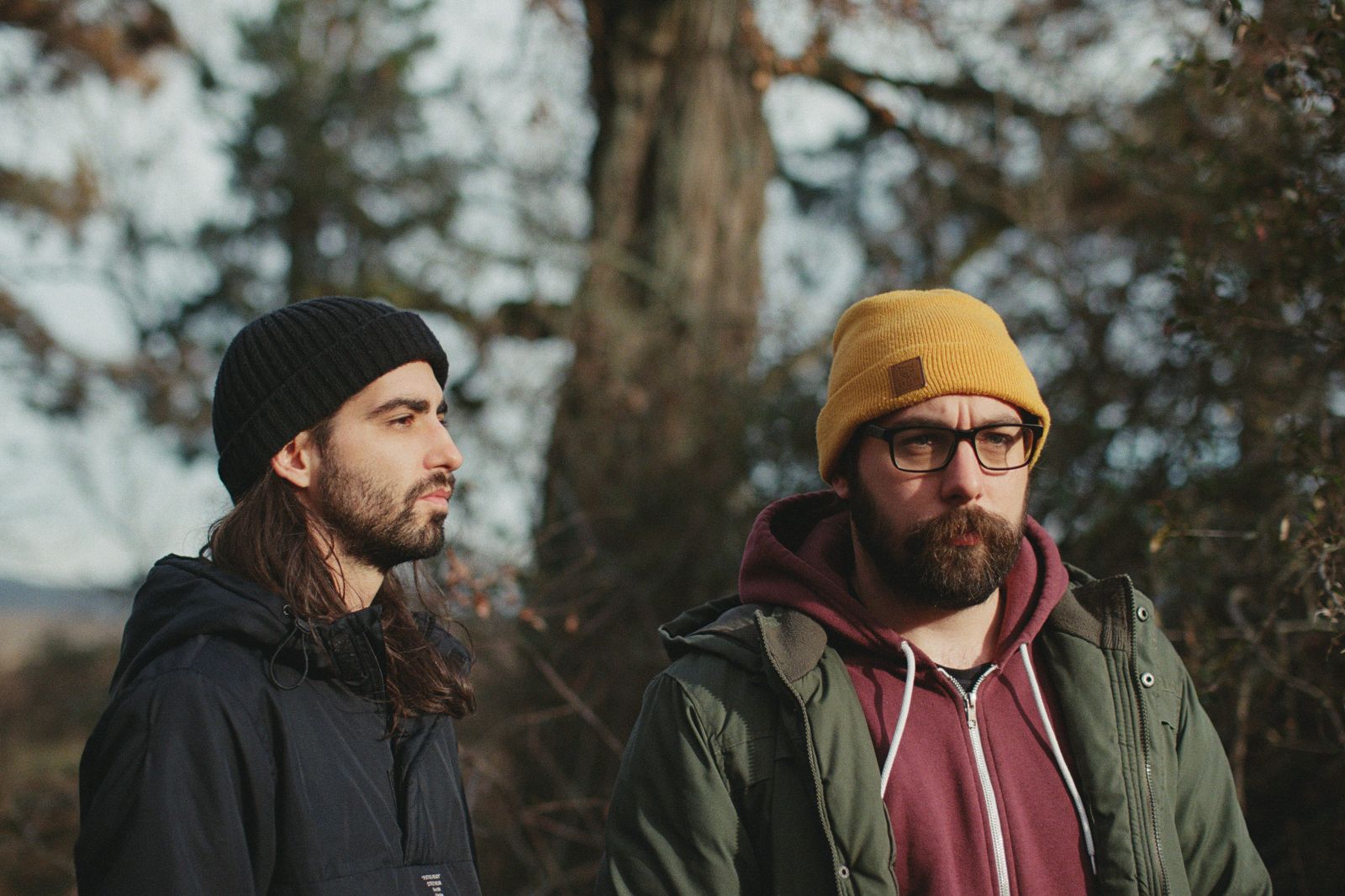
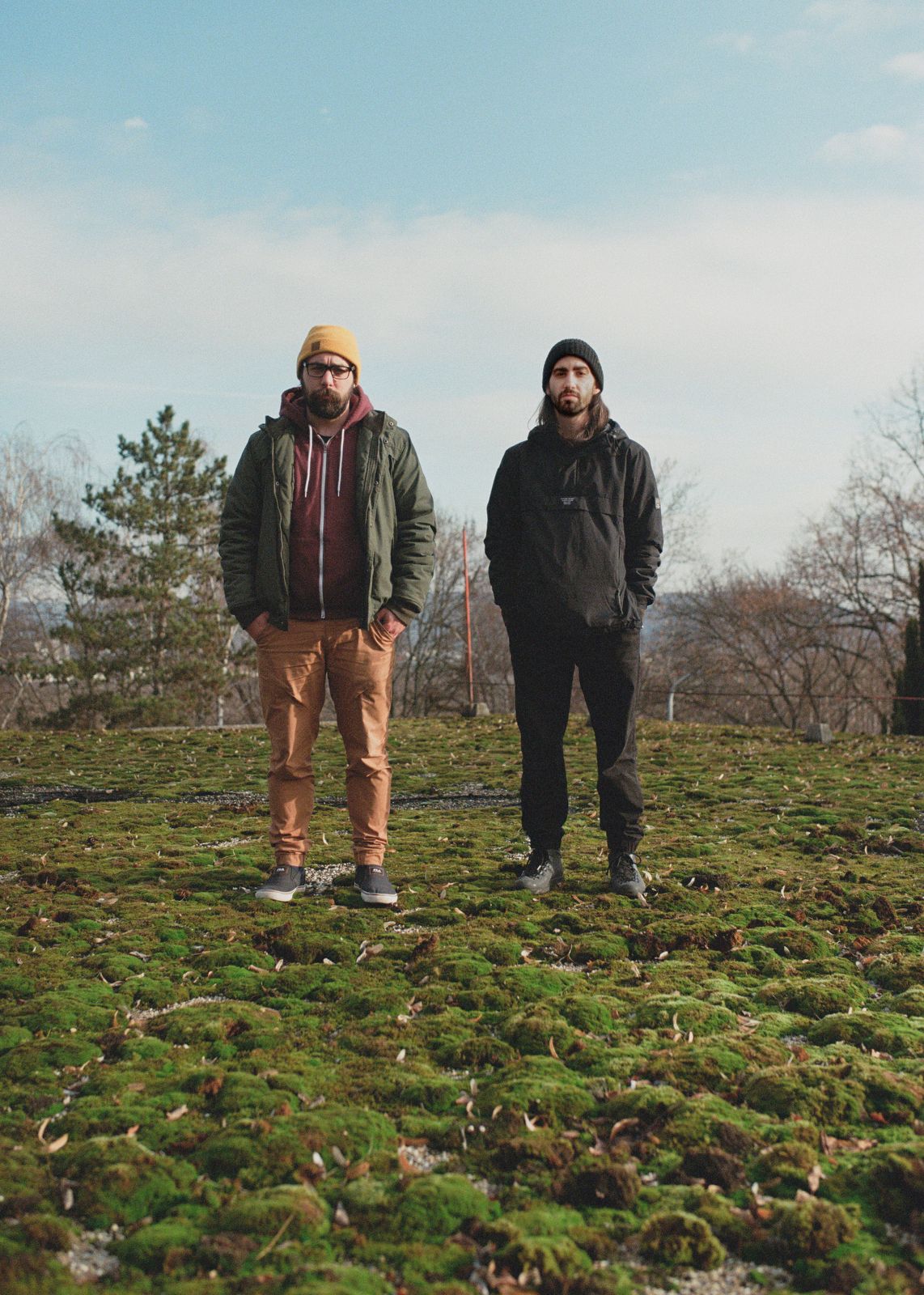
Ákos: It’s impossible to avoid the fact that these old analog devices consume a lot of power, and a desk like this one in the studio, for example, won’t be as easy to operate because it also consumes a lot. A computer, a sound card, an external midi board are now run from the same power supply.
Aba: Not to mention the maintenance of these devices, the price, and the fact that there won’t be a significant difference in the end product, but sound engineers probably know that much better than I do.
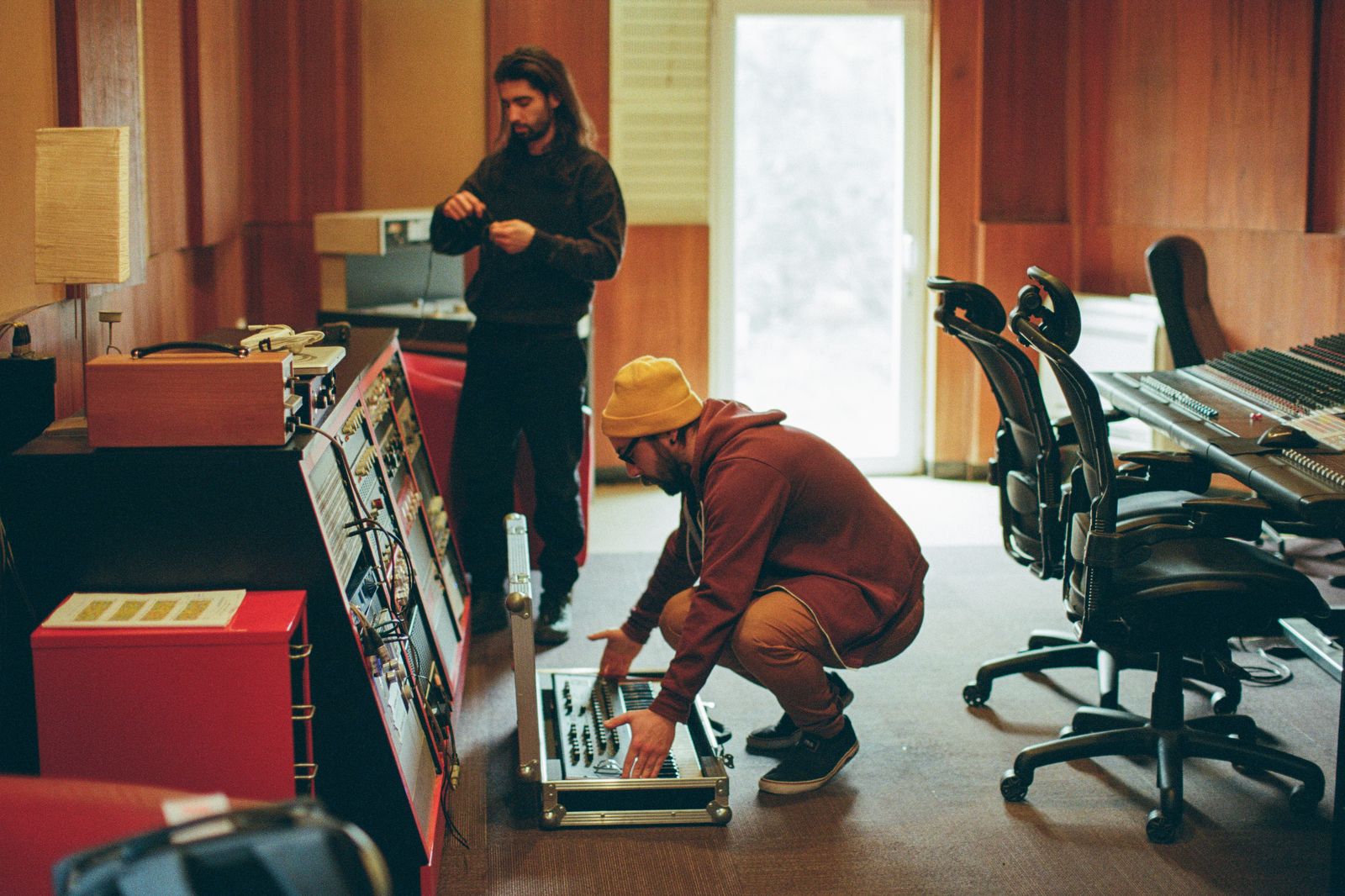

And some quick questions:
Google Calendar or classic diary?
Ákos & Aba: Google Calendar.
Netflix or cinema?
Ákos: Well, cinema is an experience, Netflix is not really, it helps pass the time. So, I wish I could say cinema, but I choose Netflix, unfortunately.
Aba: Netflix.
Spotify or vinyl?
Ákos & Aba: Spotify.
Kindle or classic book?
Ákos: Book, book.
Aba: I use Kindle, but a book feels better. So if I have to choose, it’s the book.
Do you prefer to shop online or in a store?
Ákos: I’ve been ordering a lot online lately.
Aba: In the store.
Photos: Balázs Mohai
Analog Balaton | Spotify | Facebook | Instagram
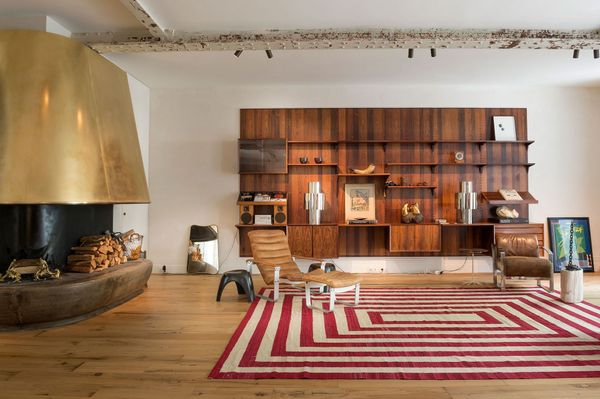
Favorite interiors of the week_93
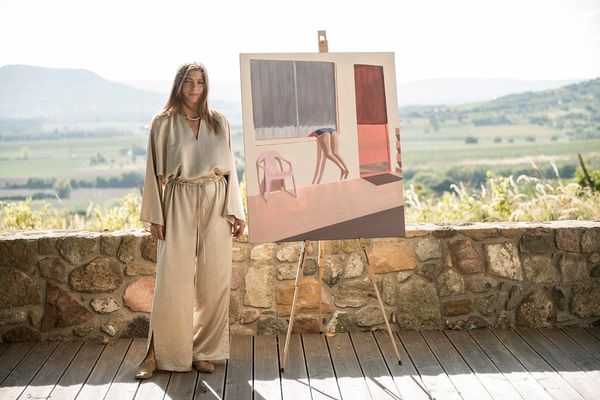
Hungarian contemporary designers among this year's Highlights of Hungary nominees
